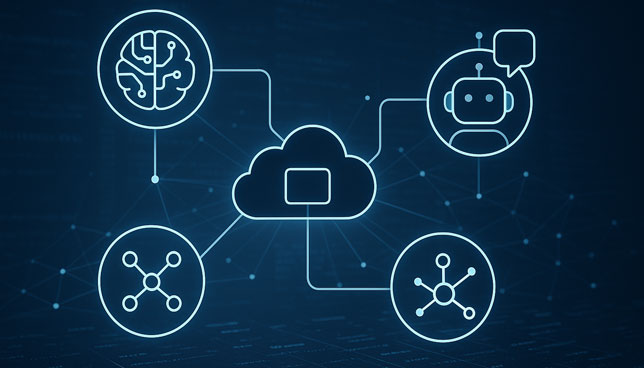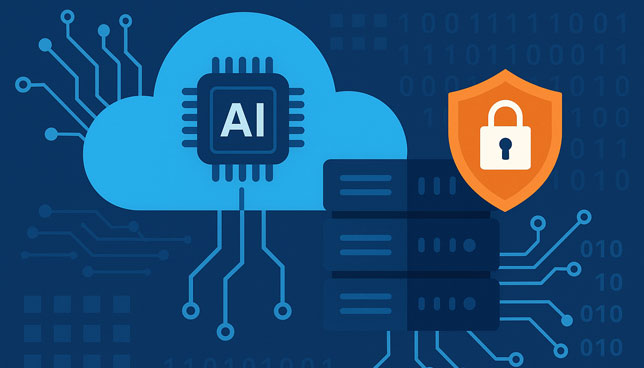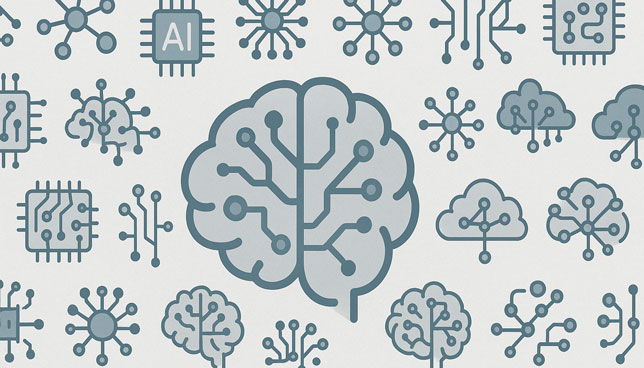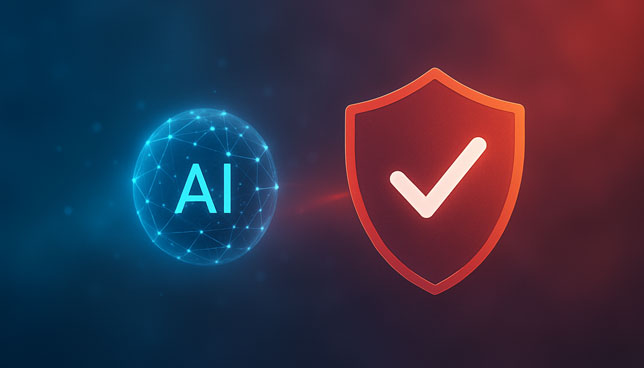
Ninety-three percent of students across the United States have used AI at least once or twice for school-related purposes, according to the latest AI in Education report from Microsoft.

The Linux Foundation has announced it will host the Agent2Agent (A2A) protocol project, an open standard originally developed by Google to support secure communication and interoperability among AI agents.

IBM has launched a new software stack for enterprise IT teams tasked with managing the complex governance and security challenges posed by autonomous AI systems.

Nearly nine out of 10 organizations are already using AI services in the cloud — but fewer than one in seven have implemented AI-specific security controls, according to a recent report from cybersecurity firm Wiz.

At its recent Cisco Live 2025 event, Cisco announced AgenticOps, a transformative approach to IT operations that integrates advanced AI capabilities to enhance efficiency and collaboration across network, security, and application domains.

The Cloud Security Alliance has announced a new artificial intelligence-powered system that automates the validation of cloud service providers' (CSPs) security assessments, aiming to improve transparency and trust across the cloud computing landscape.

Meta CEO Mark Zuckerberg is assembling a new team focused on achieving artificial general intelligence (AGI), amid internal dissatisfaction with the performance of its current AI offerings. The team, known internally as the superintelligence group, is part of a broader effort to enhance Meta’s AI capabilities.

A report from OpenAI identifies the misuse of artificial intelligence in cybercrime, social engineering, and influence operations, particularly those targeting or operating through cloud infrastructure. In "Disrupting Malicious Uses of AI: June 2025," the company outlines how threat actors are weaponizing large language models for malicious ends — and how OpenAI is pushing back.

The Cloud Security Alliance has introduced a guide for red teaming Agentic AI systems, targeting the security and testing challenges posed by increasingly autonomous artificial intelligence.

Turing Award-winning AI researcher Yoshua Bengio has launched LawZero, a new nonprofit aimed at developing AI systems that prioritize safety and truthfulness over autonomy.